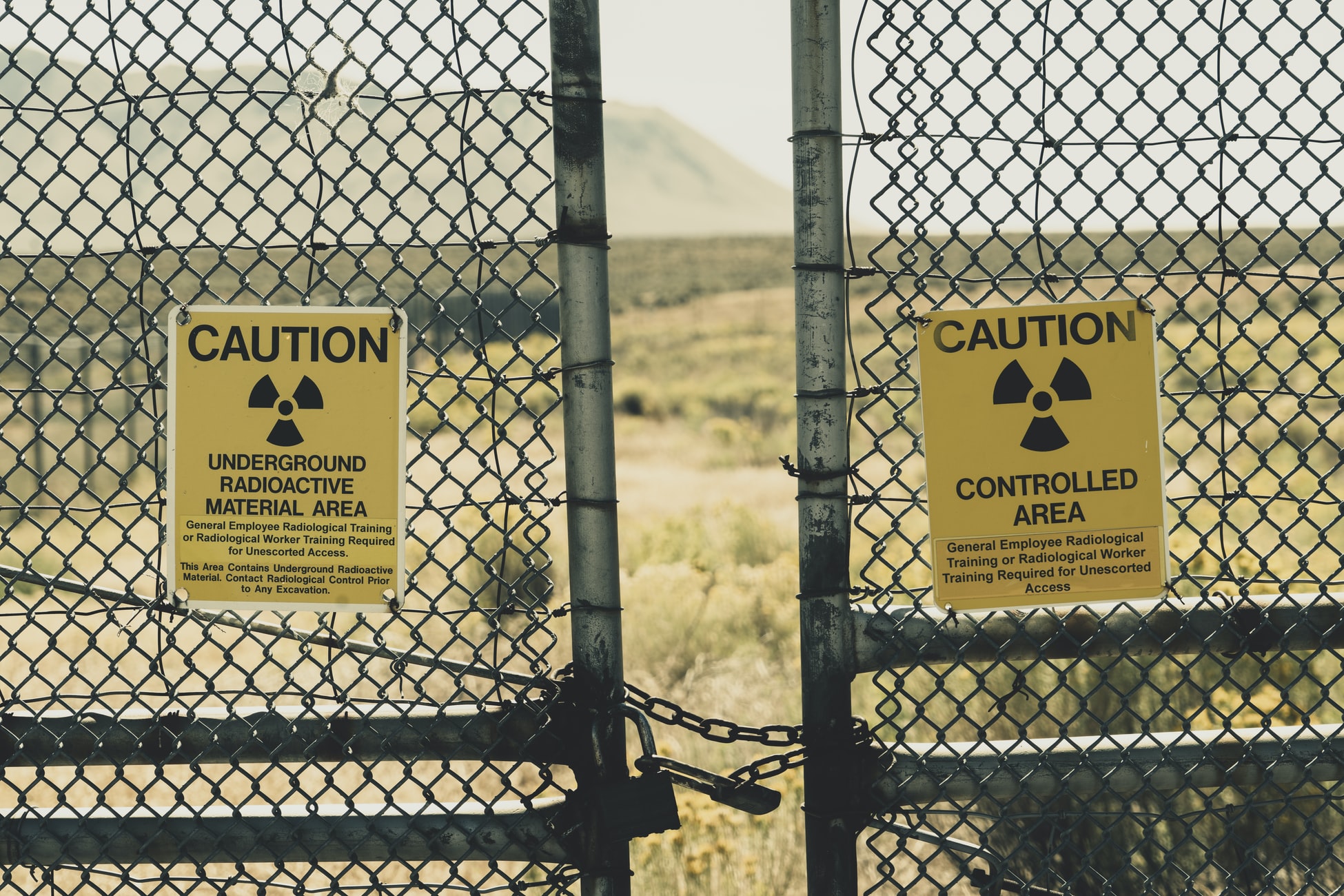Colleen Mahlert
Today, around 10% of the world’s electricity is generated from nuclear power plants. Nuclear energy constitutes the second largest low-carbon energy production, and is believed to be one solution to reduce carbon emissions and meet the electricity needs of the population.1 Although it is environmentally friendlier than other power sources during production, there are significant concerns regarding nuclear waste disposal. These concerns are of global significance, as environmental pollution often goes beyond state borders. Consequently, international environmental law has to be considered by states in their decisions related to nuclear waste disposal. A recent example is Japan’s plan to dispose of radioactive wastewater into the ocean, which is a remainder of the nuclear accident at the Fukushima Daiichi Nuclear Power Plant in March 2011.2
The international community and UN special rapporteurs have urged the Japanese government to postpone any decisions about releasing the water as “more needs to be done to understand the potential risks of releasing wastewater” containing different radioactive substances.3 Before Japan makes a decision, international environmental law obligations in relation to transboundary environmental harm must be considered. Especially important in this case are customary international law and the 1972 Convention on the Prevention of Marine Pollution by Dumping of Wastes and Other Matter, also called the London Convention.
Laws relating to transboundary environmental harm have not been codified to a large extent, due to the lack of consensus of states. Nevertheless, customary international law principles in this area exist and provide a source of international law.4
The foundation for international environmental law and transboundary environmental harm was set by the tribunal in the Trail Smelter arbitration, which was later included by the principle of territorial sovereignty. It was introduced in Corfu Channel by the International Court of Justice, and refers to sic utere tuo ut alienum non laedas, a Roman law maxim meaning ‘use your property so as not to injure that of another’. Therefore, Japan has the obligation under this customary international law principle to conduct sufficient scientific research on the transboundary environmental harm that can potentially be caused by the release of the Fukushima wastewater.
Japan also has an international obligation to prevent transboundary environmental harm under the London Convention. According to Art. IV (a), the dumping of radioactive waste or other matter is prohibited.5 Although it is not clear whether the level of radioactivity of the Fukushima wastewater would fall under this article as too little scientific research has been done so far, Japan also has an obligation under this Convention to “take precaution with the respect to the dumping of waste in the ocean”.6 Due to scientific uncertainties concerning environmental consequences of the wastewater, its disposal would be inconsistent with this obligation.
This example shows that, although there is a lack of codified international law in relation to
transboundary environmental harm, sovereign states have obligations when disposing of nuclear waste under the current international framework. The question remains whether this framework is sufficient to address the concerns related to nuclear waste disposal.
1 ‘Nuclear Power in the World Today’ (World Nuclear Association, November 2020)
2 ‘Fukushima Daiichi Accident’ (World Nuclear Association, May 2020)
3 ‘Mix of contaminants in Fukushima wastewater, risks of ocean dumping’ (ScienceDaily, 6 August 2020)
4 Statute of the International Court of Justice, art. 38(1)5 1972 Convention on the Prevention of Marine Pollution by Dumping of Wastes and Other Matter
November 2020
6 Baskut Tuncak, ‘ OPINION: Fukushima nuclear waste decision also a human rights issue’ (Kyodo News, 8 July
2020)








